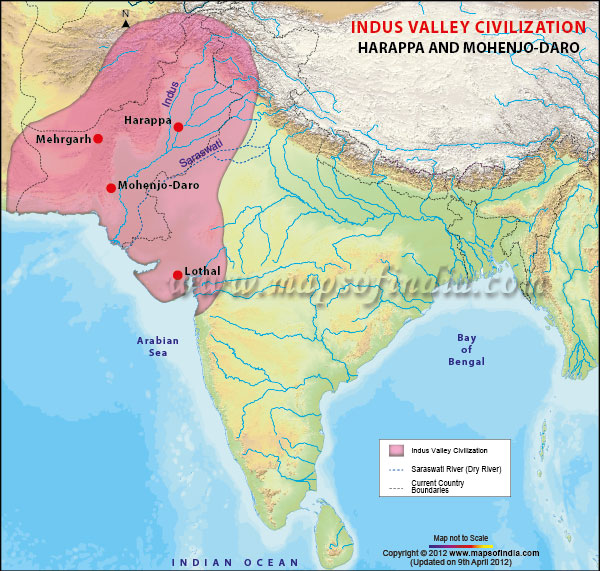When people say "coastal cities are some of the largest, most densely populated cities in the world" they are not talking about the humble beginnings. They are talking about the modern metropolises that have flourished because of trade.
There were hundred of ancient cities placed in the coast due to the food provided by nearby fish banks, greater possibilities for trade due to harbors, and better defensive position due to cliffs (see also: Ancient mediterranean cultures such as the phoenicians or the Minoics) with the mouths of rivers being the quinquaessential prime location for cities and were the first civilizations flourished (the Nile's delta, banks of the Euphrates, Yangtze's mouth, etc).
Also, do notice how the vast euroasian steppes of Mongolia, Turkmenistan and the likes are not exactly burstling with human megalopolises, not even nowadays. Extensive grassland plains are not a good place for locating a city in the real life.
I'd jump behind that idea. What though? Only thing that really comes to mind is a tidal energy plant and that's pretty late game. Maybe some type of fish processing building?
There are many, many possibilities, me thinks:
Fishery: Unlocks at sailing. +1 food to every sea tile
Drydocks: Unlocks at shipbuilding. X2 to the yields of workboats and atolls
Sea batteries: Unlocks at gunpowder. Your city gets a second extra ranged attack that can only target sea units.
Waterfront: Unlocks with urbanization. Increases appeal in all your beach and cliff tiles, +1 tourism on coast sea tiles.
Oceanographic institute: Unlocks with scientific method. +1 science in every ocean tile, +3 on natural sea wonders and atolls
Tidal powerplant: Unlocks with renewable energy. +1 production in every sea tile adyacent to your city districts
So in essence, a city built on coast rather than inland plus harbour would get far better benefits out of sea reasources in the early game (drydocks, fisheries), better defense on the mid game, just when sea trade becomes important (sea batteries) and increased late game science and production if you really planned ahead your city location.







